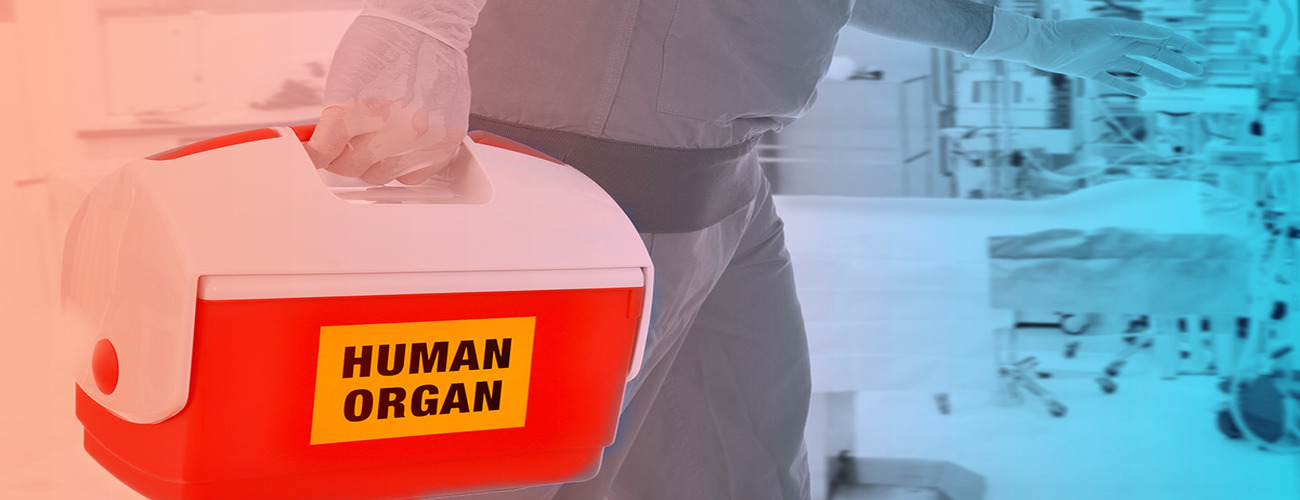
Organ transplantation is a medical marvel that has transformed the lives of countless individuals, offering a second chance at life. While the field has made significant strides, pediatric patients undergoing organ transplants present a unique set of considerations and challenges. This blog aims to shed light on the intricacies involved in transplanting organs into the youngest recipients, delving into the impact on growth, development, and the holistic well-being of these resilient young souls.
A. Unique Considerations in Pediatric Organ Transplants
- Size Matters: One of the primary challenges in pediatric organ transplantation is the size disparity between donor organs and the smaller bodies of children. Finding suitable organs that match the size and compatibility for young recipients can be a daunting task. Surgeons often need to adapt surgical techniques to ensure a seamless integration of the transplanted organ.
- Immunosuppression Dilemma: Pediatric patients, particularly infants and toddlers, have developing immune systems that require delicate balancing during organ transplantation. Administering immunosuppressive medications is crucial to prevent rejection, but the challenge lies in maintaining the delicate equilibrium between suppressing the immune response and leaving the child vulnerable to infections.
- Psychosocial Impact: Unlike adult patients, children may struggle to comprehend the gravity of the transplant process. The psychosocial impact on pediatric patients and their families is immense. Coping with the emotional and psychological aspects of the transplantation journey, including fear, anxiety, an potential long-term implications, requires a comprehensive support system.
- Long-Term Effects on Growth and Development: The impact of organ transplantation on the growth and development of pediatric patients is a critical aspect that demands careful consideration. Immunosuppressive medications and the stress of the transplant process can potentially interfere with normal growth patterns, impacting height, weight, and overall development.
- Educational Challenges: Children undergoing organ transplantation may face interruptions in their education due to hospitalization, recovery periods, and follow-up appointments. Educational support becomes paramount in ensuring these young patients can seamlessly reintegrate into academic life while managing their health needs.
B. Addressing Growth and Development Challenges
- Nutritional Support: Nutritional needs are heightened in pediatric transplant recipients. Specialized diets and nutritional support are often implemented to support growth and recovery. Nutritional interventions play a crucial role in counteracting potential growth impediments associated with transplantation.
- Rehabilitation Programs: Tailored rehabilitation programs are designed to address physical and developmental challenges post-transplant. Physical therapy, occupational therapy, and other interventions help children regain strength, motor skills, and overall physical well-being.
- Psychosocial Support: Comprehensive psychosocial support for both the child and their family is integral to the success of pediatric organ transplantation. Child life specialists, psychologists, and support groups contribute to the emotional well-being of the young patients, assisting them in coping with the psychological aspects of their journey.
Pediatric organ transplantation is a complex and multifaceted process that extends beyond the surgical realm. The resilience of these young recipients, coupled with advancements in medical science, offers hope for a brighter future. As we continue to unravel the intricacies of pediatric organ transplantation, a holistic approach that addresses not only the physical but also the emotional and developmental needs of these children is essential. Nurturing hope becomes a collective effort, involving medical professionals, families, and the broader community, in fostering the growth and well-being of these remarkable young souls. Shinon Healthcare has distinguished itself by offering customized solutions and end-to-end services that go beyond traditional medical care.
- Comprehensive Support: Shinon Healthcare recognizes the multifaceted nature of pediatric organ transplantation and goes the extra mile to provide comprehensive support. Our team understands the unique challenges faced by young recipients and their families, offering not just medical assistance but also a holistic approach to address psychosocial, educational, and nutritional needs.
- Customized Solutions: Every pediatric transplant case is unique, and Shinon Healthcare understands the importance of tailoring solutions to individual requirements. Our expertise lies in crafting personalized plans that consider the specific challenges of each young patient, ensuring that the journey is as smooth as possible.
- End-to-End Services: Shinon Healthcare takes pride in offering end-to-end services, alleviating the burden on families during the transplant process. From coordinating with medical professionals to organizing rehabilitation programs, educational support, and facilitating psychosocial services, Shinon Healthcare ensures a seamless and supportive experience for pediatric transplant recipients and their families.
- International Collaboration: Medical tourism often involves crossing borders for specialized care, and Shinon Healthcare excels in facilitating international collaboration. By connecting patients with renowned medical centers and expert professionals worldwide,we contribute significantly to expanding access to cutting-edge pediatric transplantation services.
In conclusion, the journey of pediatric organ transplantation is not just a medical procedure; it’s a collaborative effort to nurture hope and facilitate growth. Shinon Healthcare stands as a beacon in this collaborative effort, offering a helping hand at every step. As we navigate the complexities of pediatric organ transplantation, the role of organizations like Shinon Healthcare becomes integral in ensuring that these young patients receive not just medical care, but a holistic and supportive experience that paves the way for a promising future.